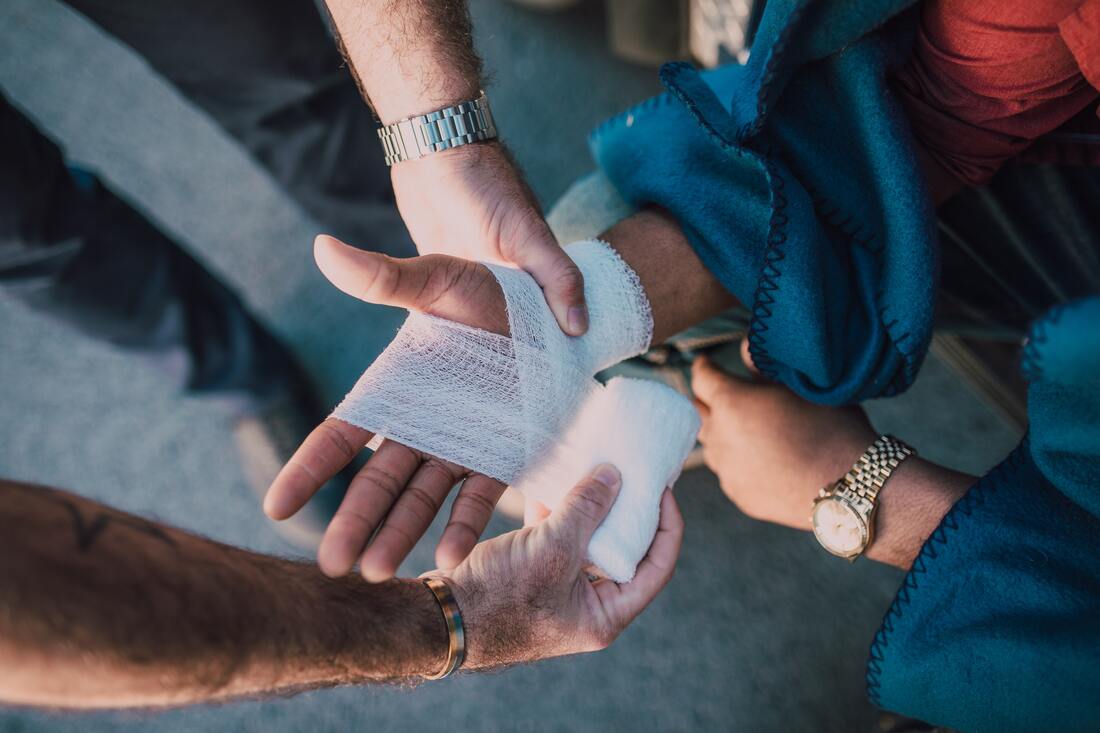|
Workers' compensation insurance has two benefits: it pays for employees' medical expenses when they sustain work-related injuries and it helps protect businesses from employee lawsuits stemming from those injuries. Additionally, most states require some form of workers' compensation insurance for companies with employees, however small those businesses are. What's the goal? Most personal health insurance plans exclude work-related injuries. Workers' compensation insurance is designed to help your business avoid paying out of pocket for the medical bills of employees who are either injured or made ill by doing their job. What are some examples? They abound, but two are a manufacturing factory employee who sprains an ankle on a loading dock and a nail salon technician who becomes ill from inhaling chemicals. Who needs workers' compensation insurance? Each state sets its own rules about which businesses need workers' compensation insurance. Generally speaking, however, it depends on the industry in which you operate, your business structure and how many employees you have. For example, if your business is a sole proprietorship, partnership or limited liability company (LLC) and has no employees other than its owners, it might qualify for an exemption. But even if you aren't legally required to have workers' compensation insurance, you still might want to obtain this coverage. That's because without workers' compensation insurance, your company could be sued by an injured employee, and if you're found liable, your business could take a big financial hit. And if you're a contractor, you may find that some companies might require you to have workers' compensation insurance so you can't sue them if you're hurt working for them. What's covered? While policies and state regulations can vary, here's what workers' compensation insurance generally covers. Medical care. Workers' compensation insurance covers the costs for immediate treatment of an employee's injuries. This includes doctor visits, hospital visits (including surgeries), medication and medical equipment such as crutches and wheelchairs. Rehabilitation. For injuries that cannot be repaired immediately, workers' compensation insurance may cover physical and occupational therapies to help the employee return to work. If the injury prevents the employee from returning to the same job, workers' compensation insurance may even cover vocational rehabilitation. Lost wages. Workers' compensation insurance also covers employees' lost wages when they are unable to work. This is a type of disability benefit distinct from Social Security disability benefits. It covers partial and total disabilities as well as temporary and permanent disabilities. Survivor benefits. If the worst comes to pass and an employee dies because of a work-related injury or illness, workers' compensation insurance provides the employee's family with financial support to compensate for their lost income. How can you get workers' compensation insurance? Obtaining workers' compensation insurance can be confusing. In some states, for example, you must obtain coverage from a state entity rather than a private company. And if your business provides services in multiple states, your policy must meet the requirements for all states in which it operates. If you need guidance purchasing workers' compensation insurance or simply want a better understanding of insurance terms and coverage, please call or email us today.
0 Comments
Leave a Reply. |
Meet the author:
|
Navigation |
Connect With UsShare This Page |
Contact UsFront Range Insurance Solutions
215 Cheesman St, Suite M, Erie, CO 80516 (720) 389-7651 Click Here to Email Us |
Affiliated with DCI |
Location |
Website by InsuranceSplash



 RSS Feed
RSS Feed
